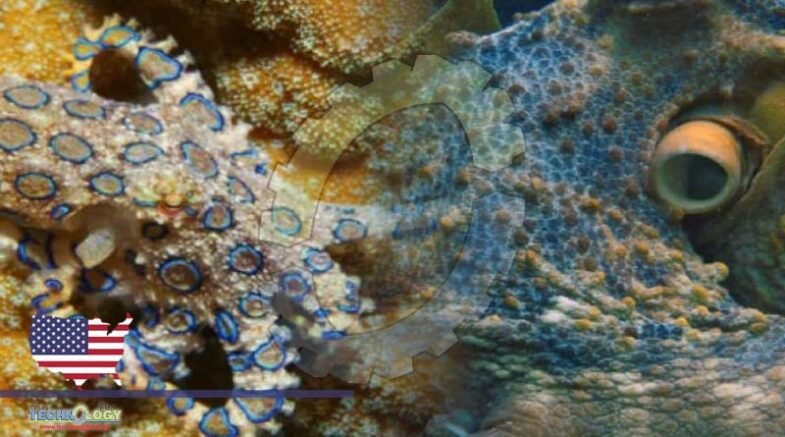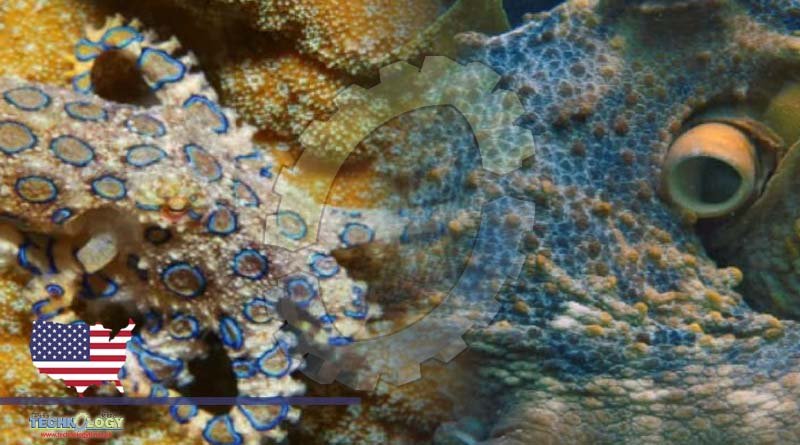Octopuses Don’t Have Backbones, As cephalopods become more important in neuroscience and other fields, scientists and welfare advocates seek to give the smart animals the same protections as mice and monkeys.

Octopuses Don’t Have Backbones, Lab rats have rights. Before researchers in the United States can experiment on the animals, they need approval from committees that ensure they follow federal regulations for housing and handling the creatures humanely. The same is true of scientists working with mice, monkeys, fish or finches. These protected animals share one thing in common But invertebrates in research labs, including worms and bees or cephalopods like squid and octopuses, do not receive the same protections from the federal government. As researchers are more often working with cephalopods to answer questions in neuroscience and other fields, the matter of whether they’re treating the animals humanely is becoming more pressing. Governments in Europe and Australia have written these smart, spineless animals into their laws. But in the United States, “If you were in a research setting, and you wanted to buy some octopuses and do whatever you wanted to do with them, there is no regulatory oversight to stop you,” said Robyn Crook, a neuroscientist at San Francisco State University.
Octopuses Don’t Have Backbones, That’s not to say cephalopod research is the wild west. American research institutions are increasingly opting to subject their cep, halopod studies to the same approval process as experiments on mice or other vertebrates. But the lack of cephalopod care standards to guide their decisions, combined with the lack of federal oversight to back them up, reflects how rules and laws are lagging behind scientific understanding of these animals’ complex inner lives Like a lab rat, an octopus can learn to navigate a maze. Octopuses can also perform clever feats that rats can’t, such as disguising themselves as rocks and snakes, breaking out of their tanks or hiding inside coconut shells. In 2021, Alexandra Schnell, a biologist at the University of Cambridge, and others found that cuttlefish can pass a version of the marshmallow test, a famous measure of self-control in human psychology. The cephalopods resisted eating a piece of prawn for as long as two minutes to earn an even better snack (a live shrimp). Unlike humans — whose intelligence is, as it were, all in their heads — octopuses carry the bulk of their nervous system in their arms. Their suckers don’t just grab onto things, they feel and taste them, too. “It’s like if your hands were coated with tongues,” said Christine Huffard, a biologist at the Monterey Bay Aquarium Research Inst
Source: This news is originally published by nytimes
